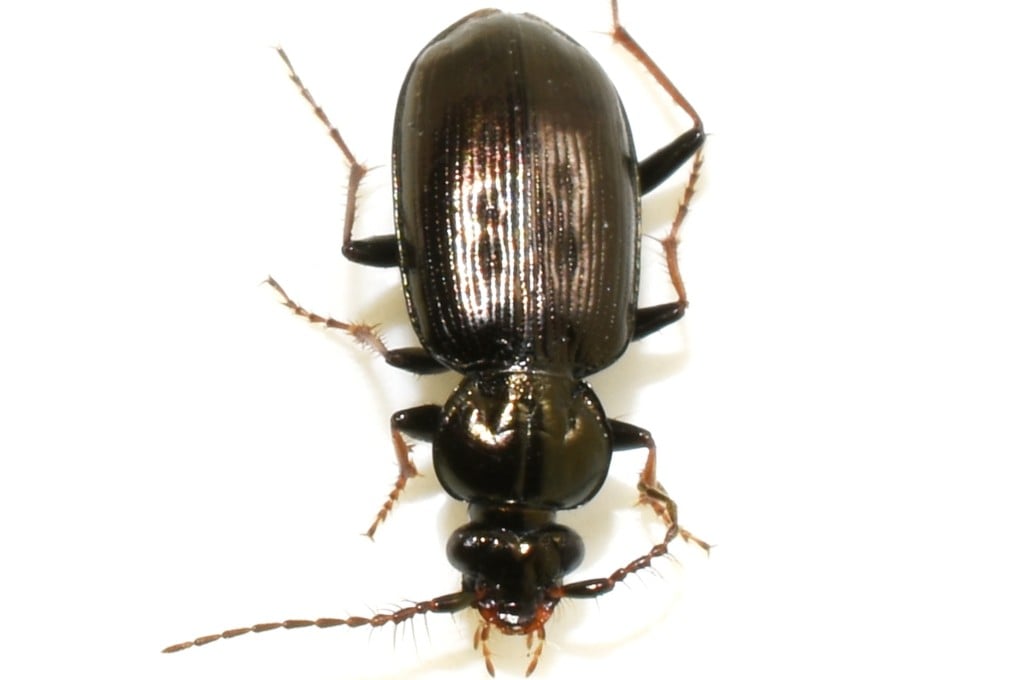This small ground beetle is rekindling debate on Darwin’s theory of evolution
A tiny insect that survived the extinction event which killed the dinosaurs throws up questions for evolutionary theory

The Cretaceous-Paleogene extinction event triggered one of the most profound restructurings of Earth’s natural environment, and those species that survived had to change and evolve as they adapted to the new world order, following Charles Darwin’s theory of evolution.
But that tiny beetle could be turning Darwin’s theory on its head. According to two recent studies conducted by several Chinese researchers and their international collaborators, this common insect has remained unchanged for at least 100 million years.
In fact, it is in a state the researchers call “evolutionary stasis”.
The studies, published in Palaeoentomology and The Innovation in April and May respectively, were led by Cai Chenyang, a researcher at the Nanjing Institute of Geology and Palaeontology of the Chinese Academy of Sciences in southern China’s Jiangsu province.
